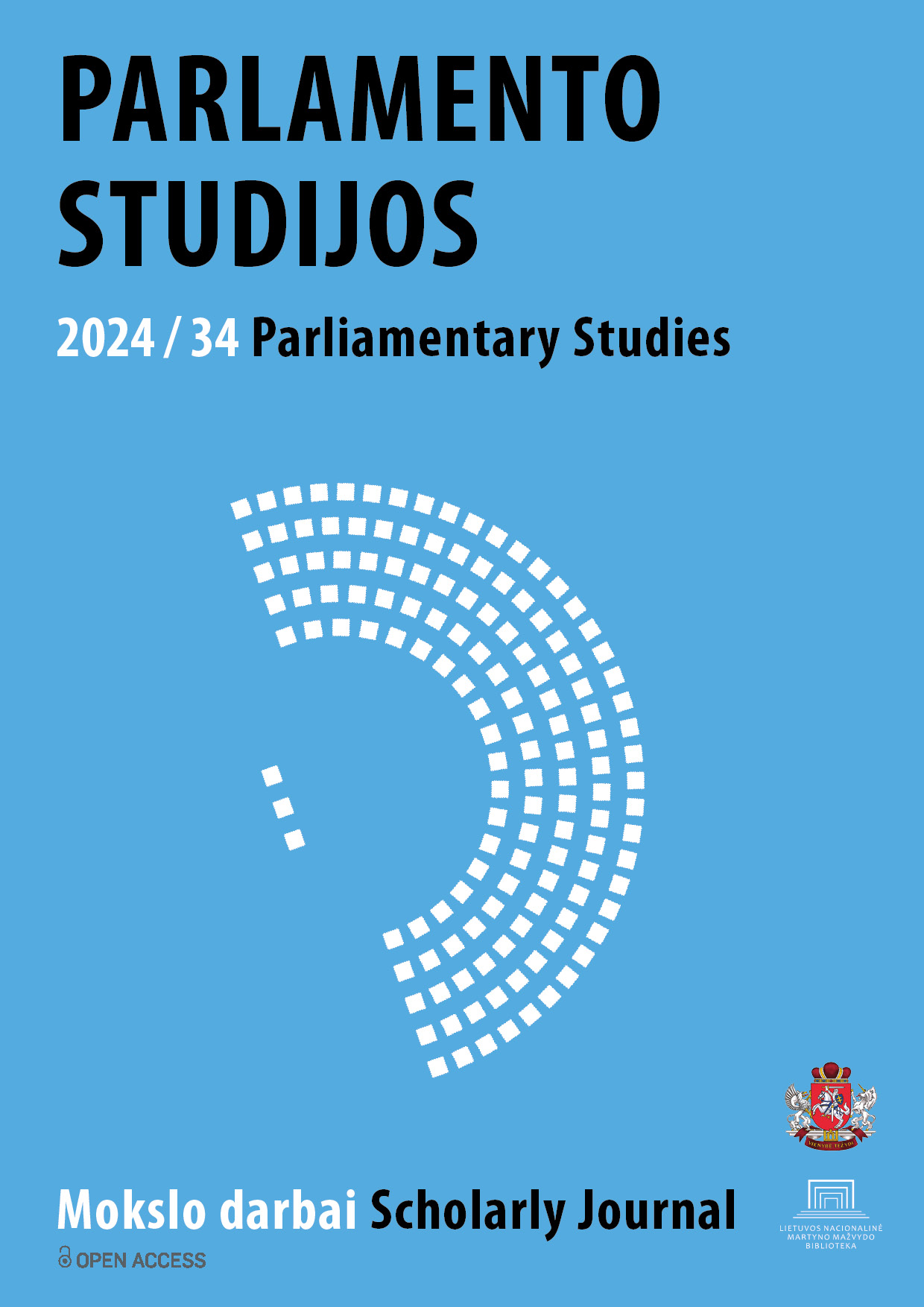Different assessment of global problems and solutions in the UN Pact for the Future and the “Future of the World” Congress
DOI:
https://doi.org/10.51740/PS.34.6Keywords:
World Parliamentary Congress “The Future of the World”, Pact for the Future, United Nations, War in Ukraine, democracy problems, strategic foresightAbstract
The intensification of global processes, geopolitical changes, climate change, and rapid technological advancements compel leaders of international institutions and decision-makers in various states to identify today’s global challenges and attempt to solve them. In 2023, in Vilnius, Lithuania the World Parliamentary Congress “The Future of the World” was organized, where identified problems and their proposed solutions differed from those outlined in the UN’s Pact for the Future. The Vilnius Congress primarily focused on issues relevant to the global North, such as threat posed by Russia to international order and other challenges facing democracies, including economic dependence on authoritarian regimes, apolitical societies and insensitivity to external threats. At the United Nations high-level Summit of the Future, which was organized in September of 2024, a Pact for the Future was adopted, which identifies global problems of today and seeks ways to solve them. The UN’s Pact for the Future and accompanying documents adopt a more global approach to the world issues. These documents pay greater attention to the situation and challenges faced by countries of the global South, emphasizing the fight against poverty, hunger, and unequal development. They also highlight problems affecting the world’s youth and assess the significance and potential risks of artificial intelligence. On the other hand, there were similar identified problems in both congress of Vilnius and the Pact for the Future, such as climate change, the lack of long-term planning, and the UN’s inactivity. The Pact also acknowledges the deteriorating international situation as a problem, although Russo-Ukrainian war is not directly mention.









 The metadata of the scholarly journals and publications of the Lithuanian National Martynas Mažvydas Library is distributed by
The metadata of the scholarly journals and publications of the Lithuanian National Martynas Mažvydas Library is distributed by 